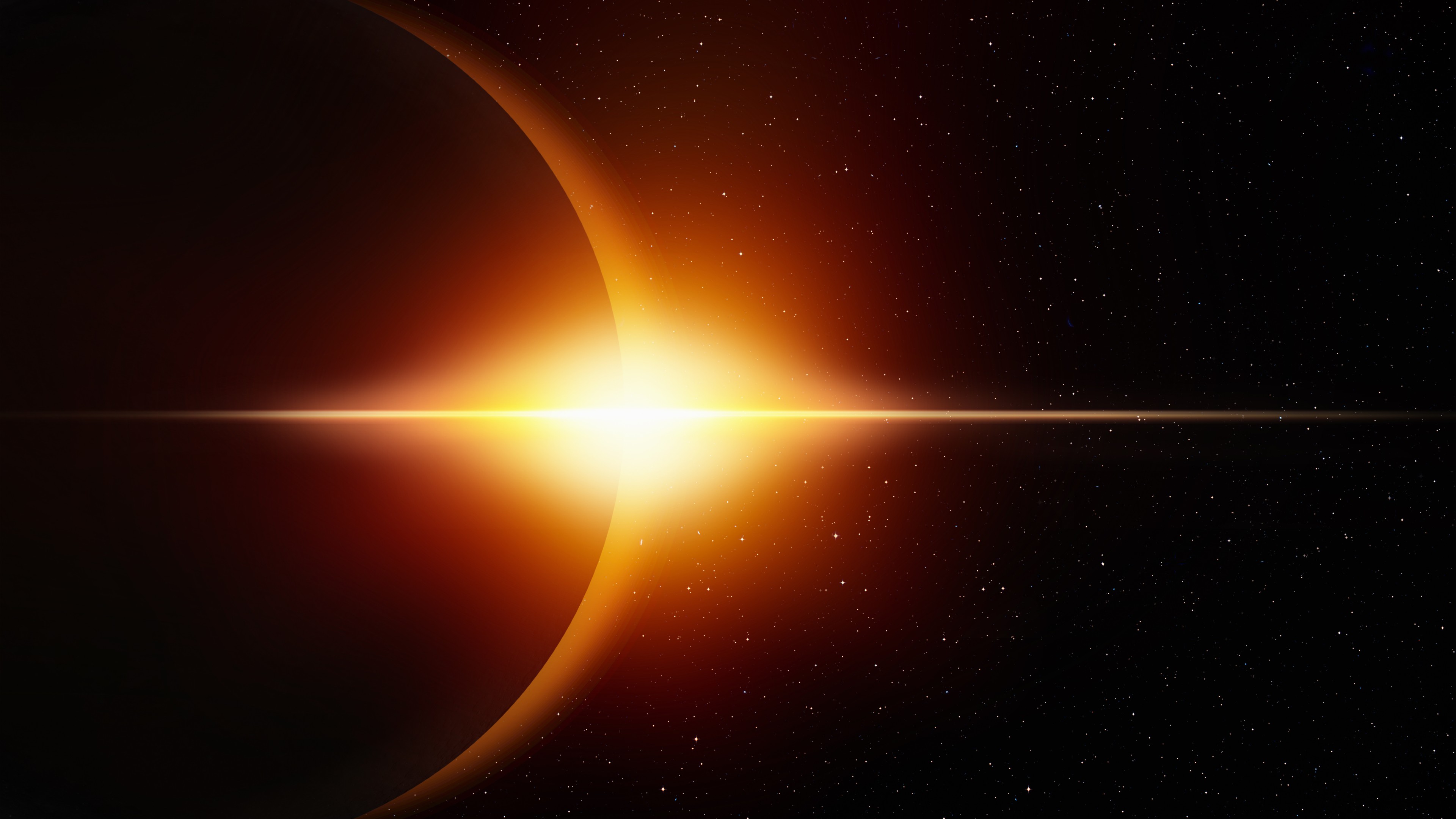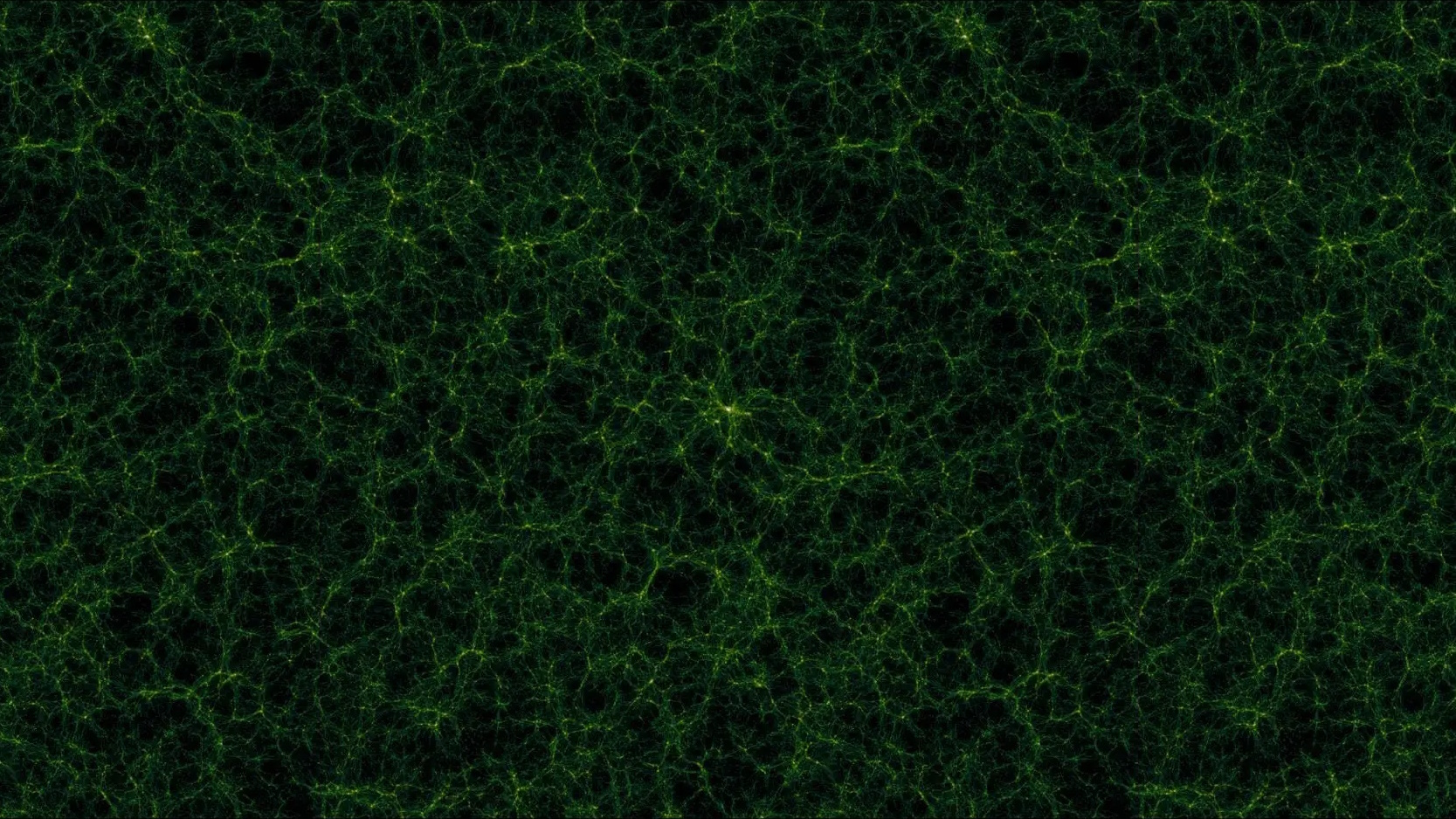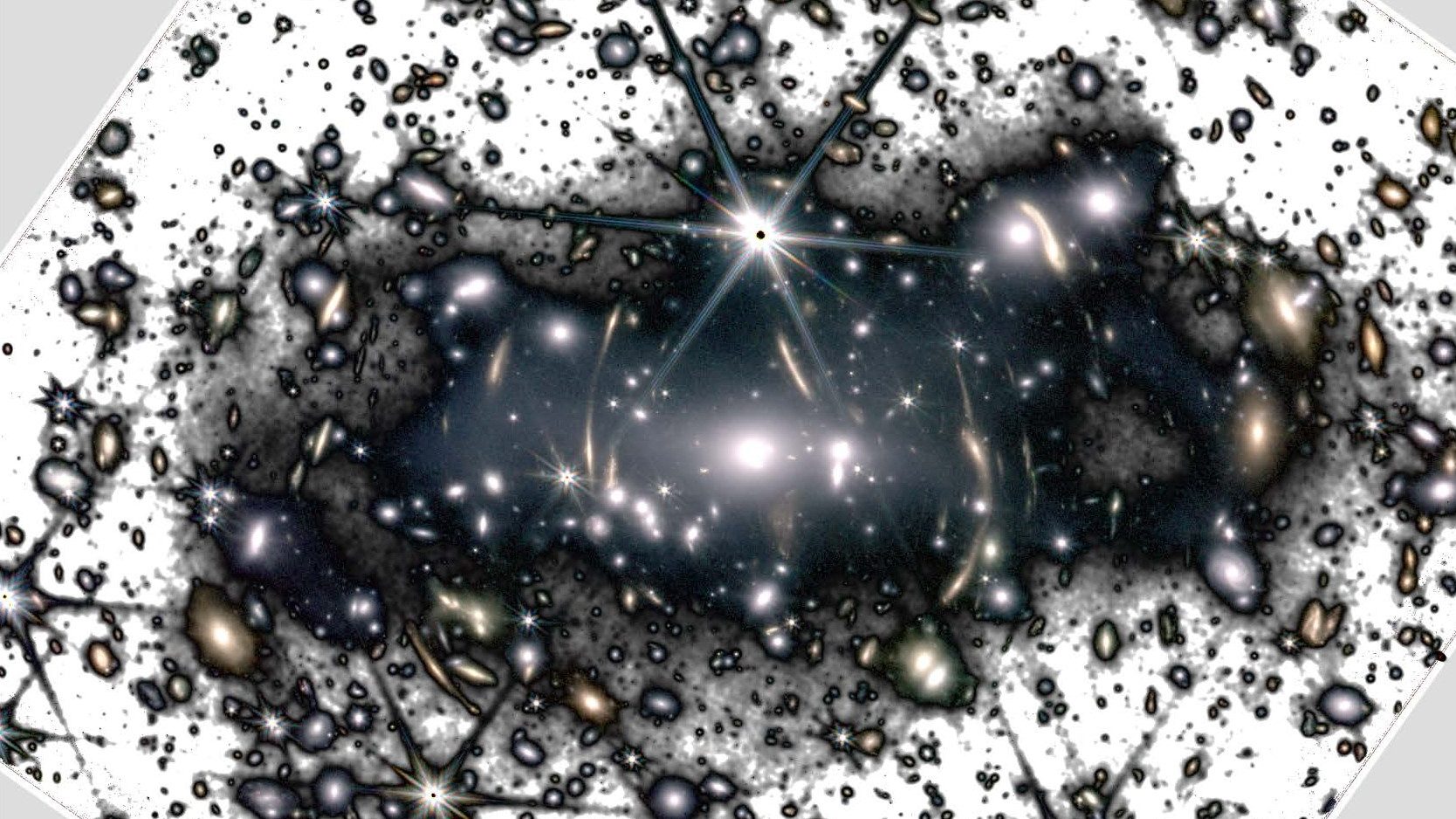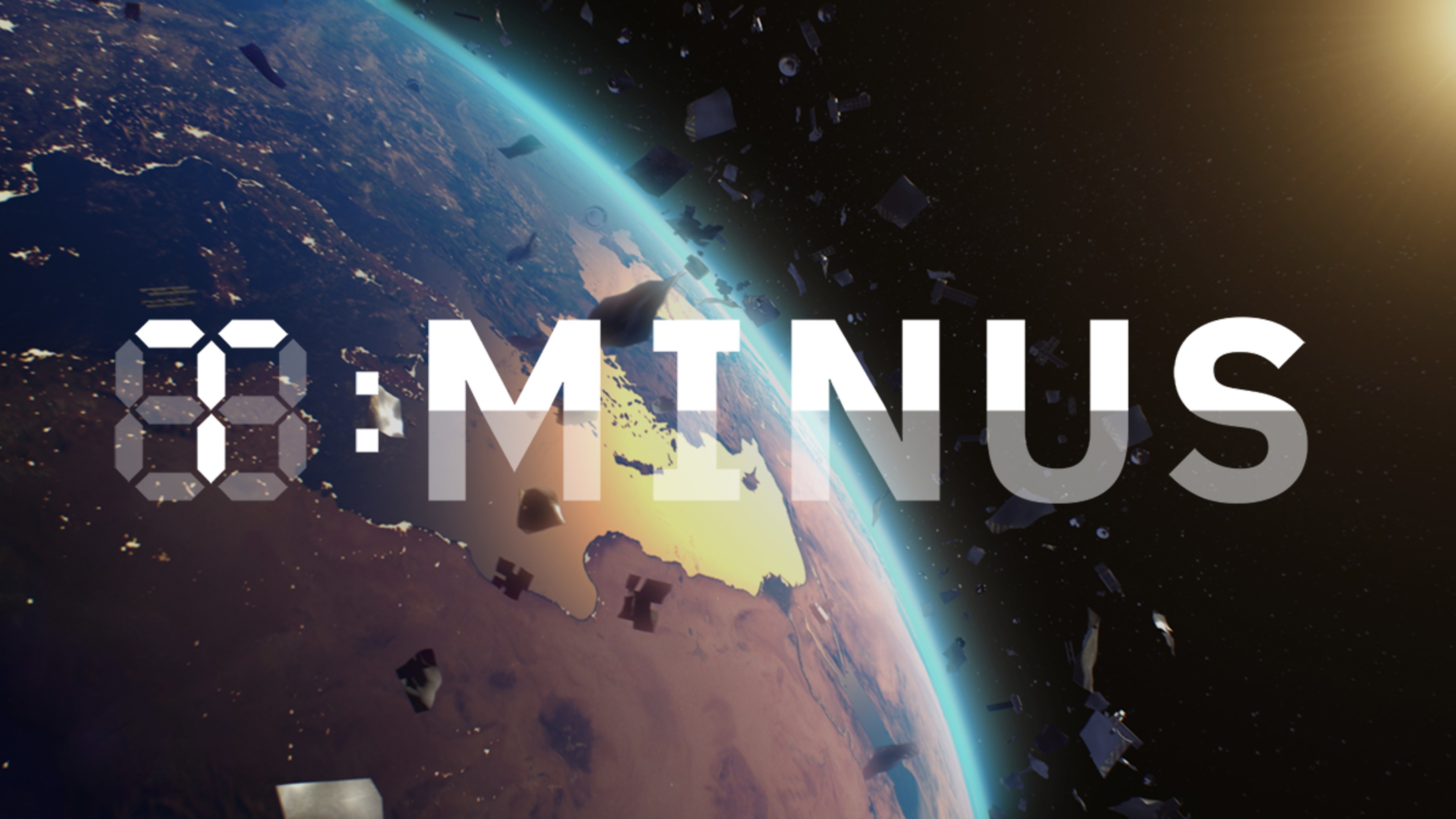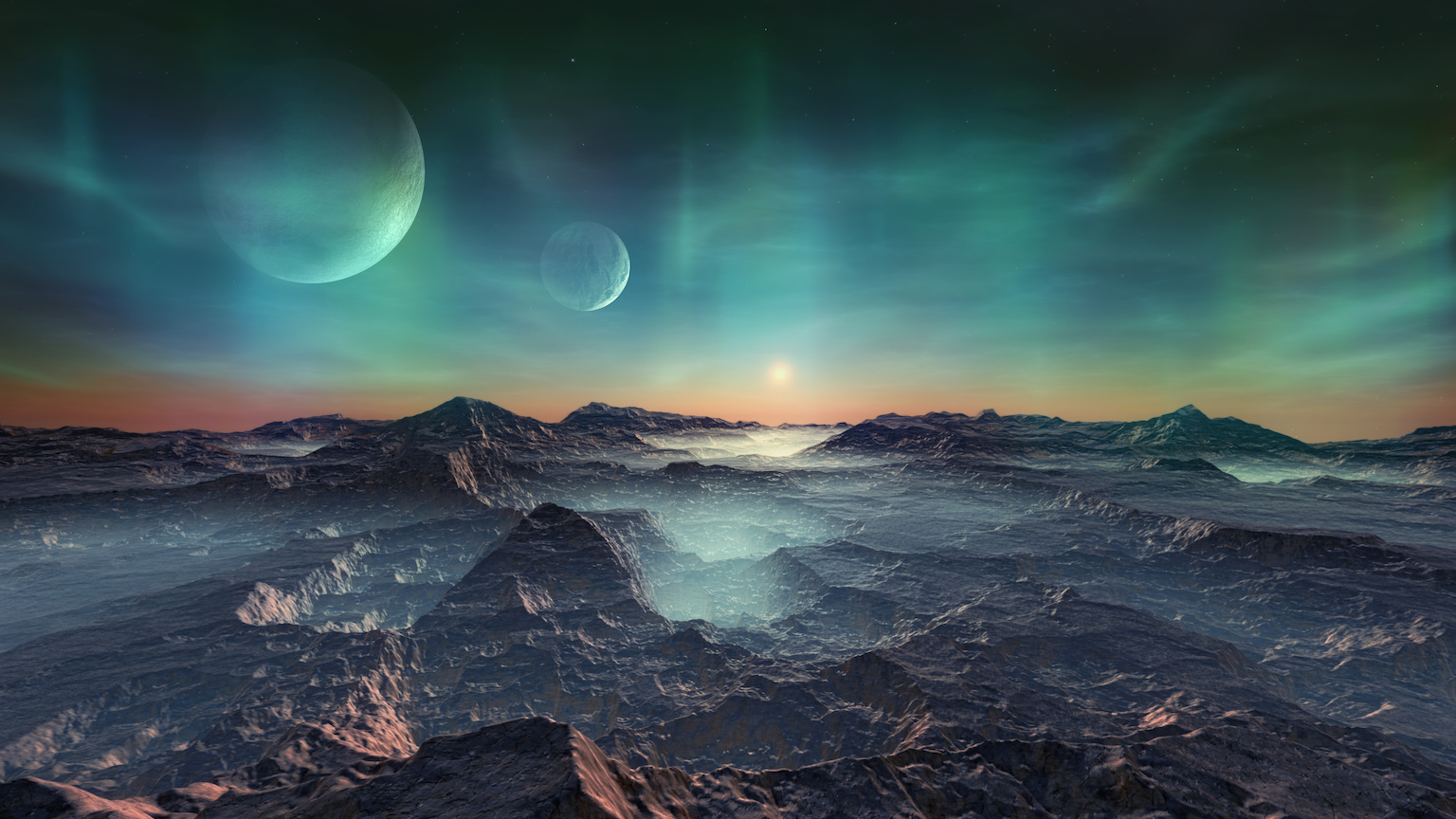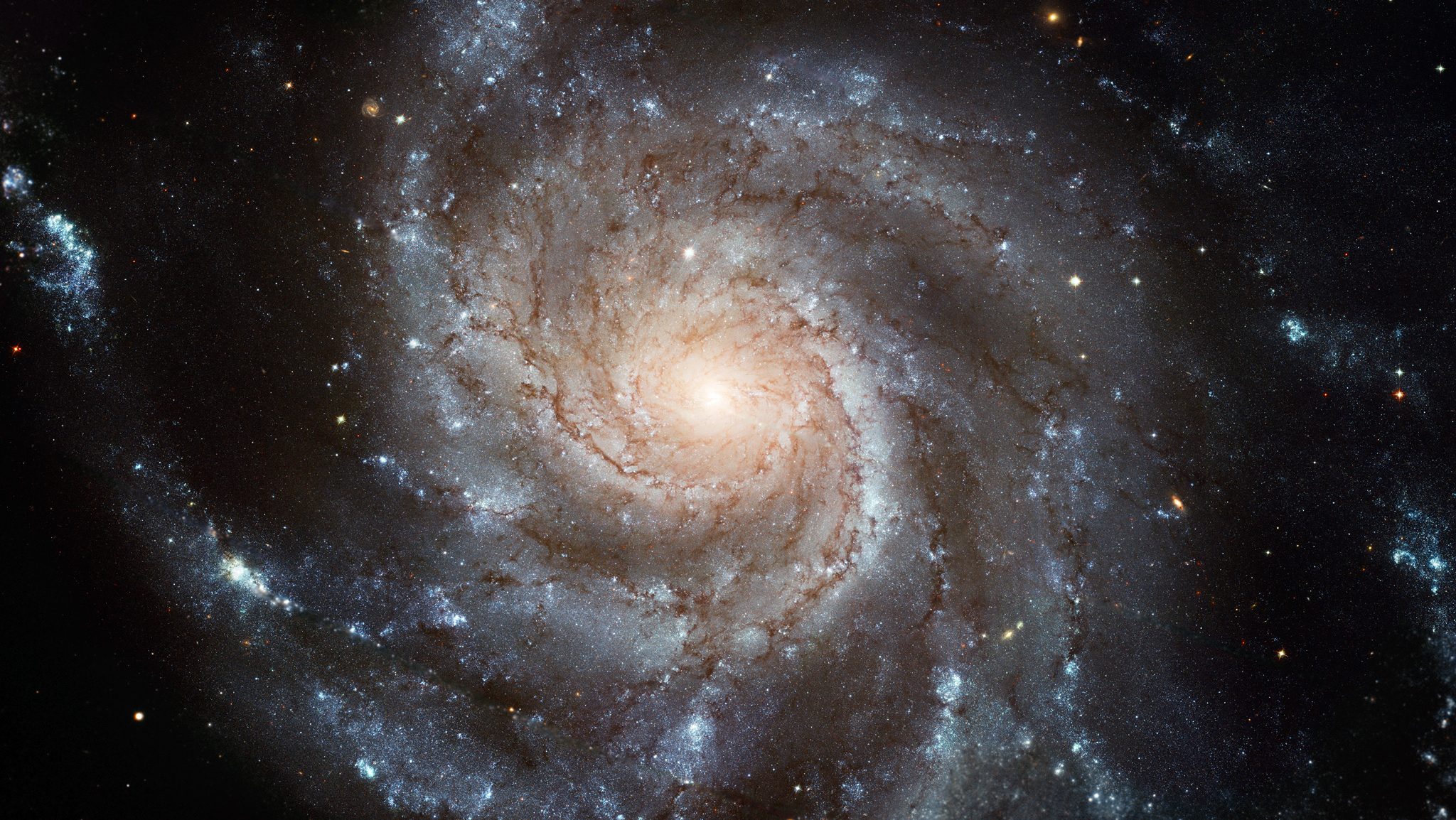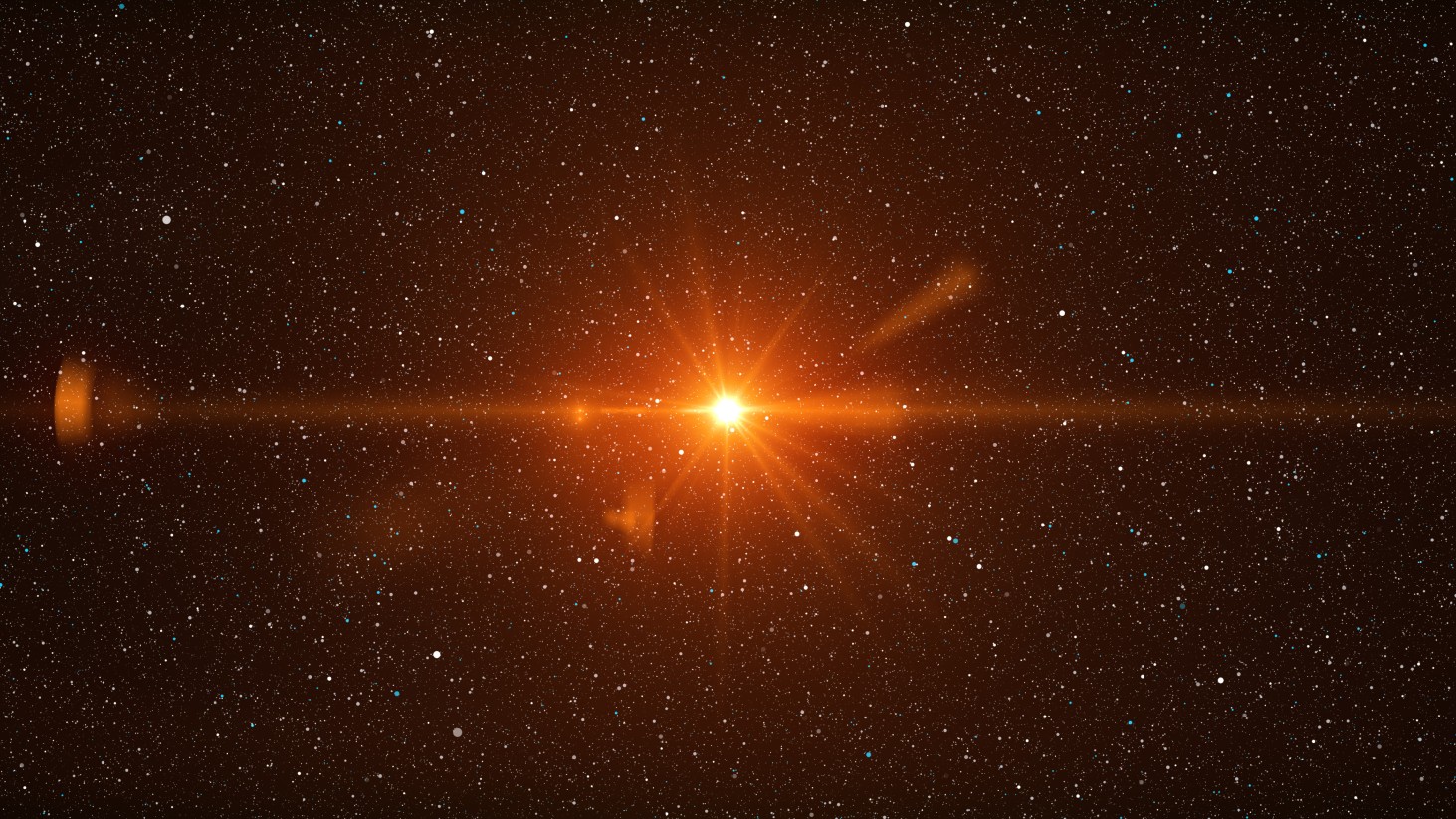A recent measurement has simultaneously settled an ongoing scientific debate while puzzling scientists.
On larger and larger scales, many of the same structures we see at small ones repeat themselves. Do we live in a fractal Universe?
One alchemist’s search for a whiz-bang method to produce gold unlocked the central science instead.
Why the advertising legend — and author of Alchemy — believes that inefficiency can be genius and insects can unlock innovation.
It’s not only the gravity from galaxies in a cluster that reveals dark matter, but the ejected, intracluster stars actually trace it out.
With undersea cables, AI education, and more, the tech giant is helping create Africa’s “digital decade.”
Experts answer 10 big questions about the nightmare scenario that could send us back to the pre-Space Age.
The nation-state had a good run, but its usefulness may have come to an end.
MAPS founder Rick Doblin speaks to Big Think about the FDA’s rejection of MDMA therapy and the future of psychedelic treatments.
You’re a moody person. You have to be — because understanding moods philosophically can be crucial to your work-life.
“While society’s been humming along and enjoying all these advances in agriculture and medicine, in the last 50 or 60 years, ecologists have learned a lot about how nature works. I’ve codified these into a set of rules called the ‘Serengeti Rules.’”
Earth is actively broadcasting and actively searching for intelligent civilizations. But could our technology even detect ourselves?
In 8,000-mile journey, a male humpback ditches Colombia for Tanzania — however, scientists don’t know why he made the trip.
Welcome to The Nightcrawler — a weekly newsletter from Eric Markowitz covering tech, innovation, and long-term thinking.
Did the Milky Way form by slowly accreting matter or by devouring its neighboring galaxies? At last, we’re uncovering our own history.
“Carl faced his death with unflagging courage and never sought refuge in illusions.”
Forget billions and billions. When it comes to the number of galaxies in the Universe, both theorists’ and observers’ estimates are too low.
Confronting your “absolute stupidity” is a sign you’re on course to learning something new and wonderful.
Known as orphaned planets, rogue planets, or planets without parent stars, these “outliers” might be the most common type of planet overall.
When appraising human behavior, people tend to forgo the lessons of psychology in favor of assumption and anecdote.
Don’t become one of those organizations that slouches toward positive behavioral change — here’s how to move fast.
Our galactic home in the cosmos — the Milky Way — is only one of trillions of galaxies within our Universe. Is one of them truly our “twin?”
The cognitive scientist argues the current AI environment is failing us as consumers and a society. But it’s not too late to change course.
“Neurotech is not just about the brain,” says Synchron CTO Riki Banerjee, explaining how their tech can help with paralysis, brain diseases, and beyond.
How black and white is your thinking?
Electromagnetism, both nuclear forces, and even the Higgs force are mediated by known bosons. What about gravity? Does it require gravitons?
A survey of more than 6,000 of the world’s richest, most influential people shows that 9% of them attended Harvard University.
Welcome to The Nightcrawler — a weekly newsletter from Eric Markowitz covering tech, innovation, and long-term thinking.
When three wise men gifted baby Jesus with gold, frankincense, and myrrh, they had no idea one was made from colliding neutron stars.
Carl Sagan was far from the first to declare we are the children of ancient stars.
